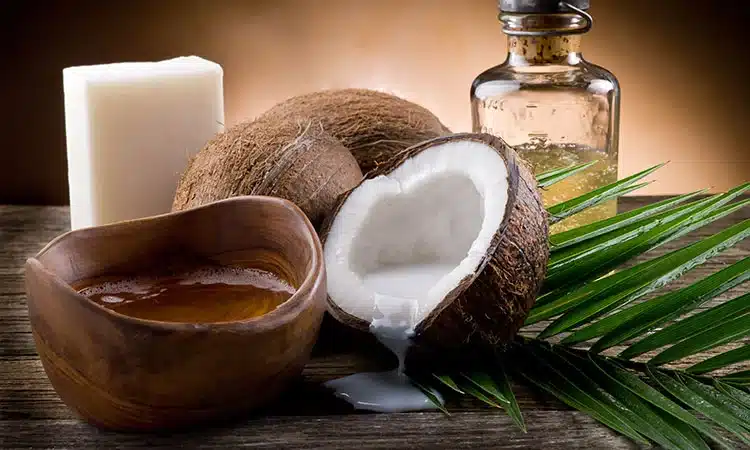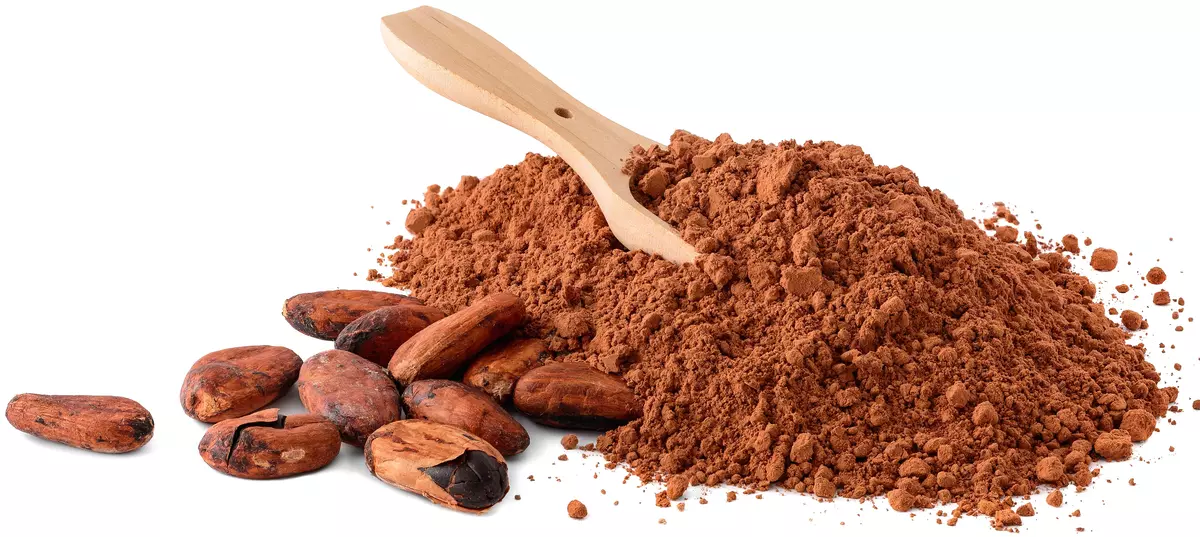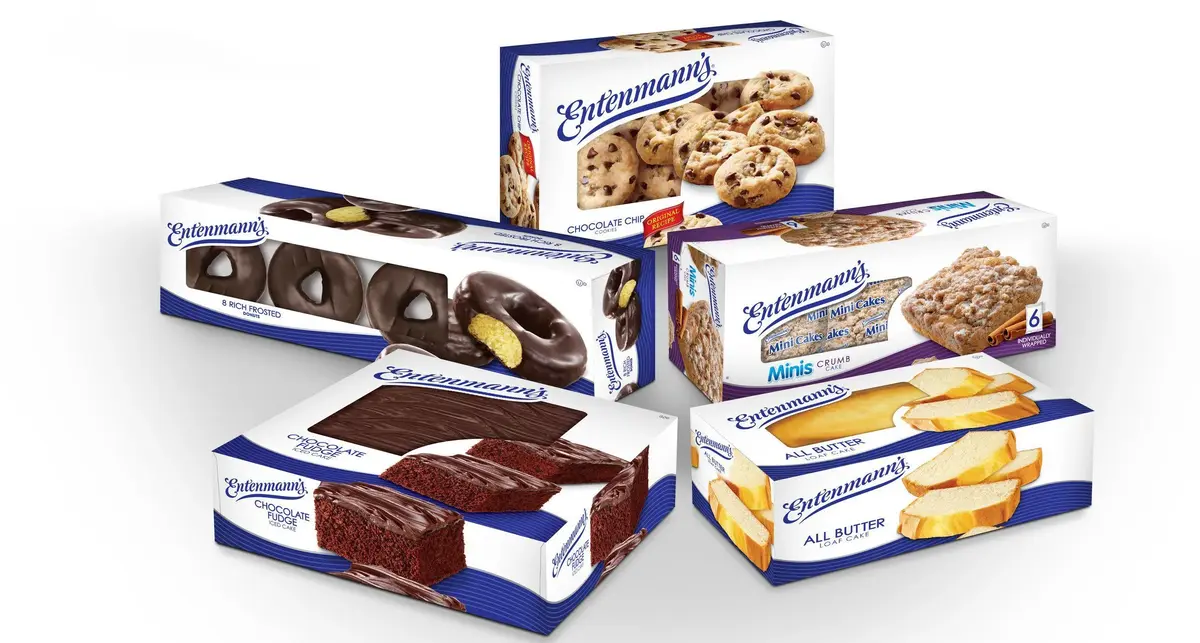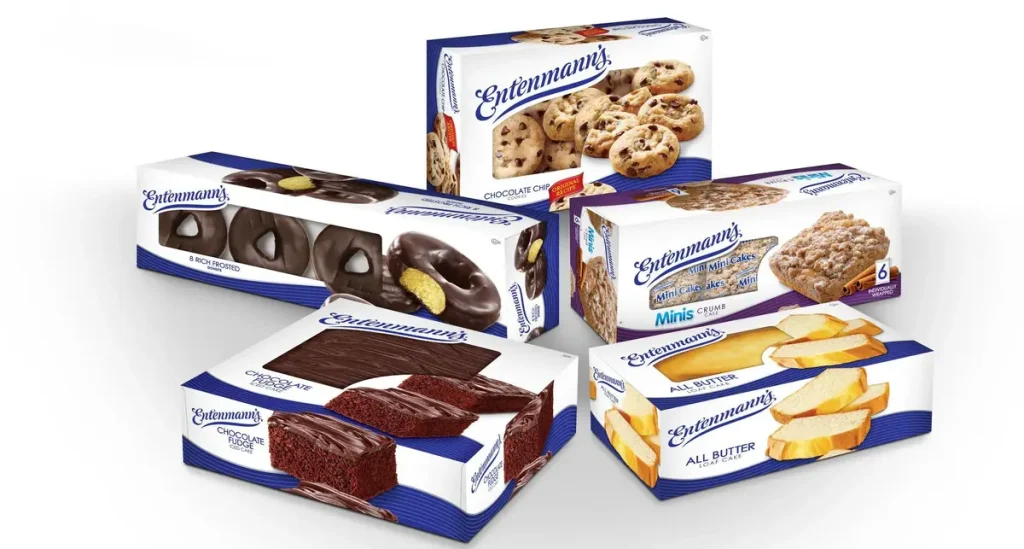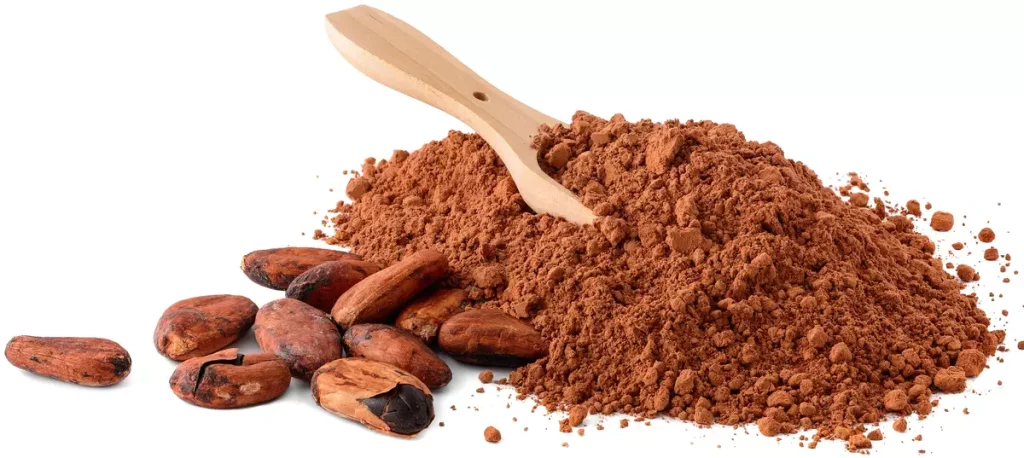Coconut oil is regarded as a wonder oil by our mothers and grandmothers, and its usage was regular for various purposes. It is because they recognized coconut oil’s benefits and valued it as a regular addition to the daily routines. Coconut oil is widely used for various purposes, including cooking, hair and skin care, and more.
Coconut Oil – What We Must Know
What is more important than knowing the benefits of a particular ingredient? It is knowing about the particular ingredient itself.
Coming to the point – coconut oil (also known as copra oil), is an edible oil that is extracted from the kernel of mature coconuts harvested from the coconut tree. Pure coconut oil (also called virgin coconut oil) contains about 92 percent saturated fat, which is one of the highest compositions amongst foods and oils containing saturated fats
Just like any fat, coconut oil too is a blend of fatty acids. Lauric and myristic acids are the two major fatty acids present in the oil (44 percent of lauric acid and 16.8 percent of myristic acid), which are responsible for most of the benefits the oil provides.
Extra virgin coconut oil is extracted from fresh matured coconuts. As per USDA National Nutrient Database, one tablespoon of coconut oil contains the following:
- 117 calories
- 0 grams of protein
- 13.6 grams of fat (11.8 saturated, 0.8 monounsaturated and 0.2 polyunsaturated)
- 0 grams of carbohydrate
It contains medium chain triglycerides (MCT), lauric acid that is rich in anti-oxidants and is also found in breast milk. It helps the body in absorbing other minerals and nutrients. Another important benefit is that it contains zero cholesterol. The presence of MCTs also makes the oil resistant to high heat and the oil does not break down and doesn’t release toxins when used for frying and cooking.
Some Facts About Coconut Oil
- Earlier, coconut oil had been criticized a lot because some scientists wrongly promoted it as an oil that increases LDL cholesterol. However, recent findings suggest otherwise and say that coconut oil does not increase LDL cholesterol. It is rather responsible for increasing the good-HDL cholesterol. Since this difference never properly reached the masses, even today, many misconceptions regarding this oil prevail.
- 50% of the fat present in the coconut oil is of a rare kind, and is known as lauric acid The human body converts the lauric acid into monolaurin, which is rich in antibacterial, antiviral and antiprotozoal properties. Lauric acid is the most powerful destroyer of gram-negative bacteria and virus, and coconut oil is the major source of this acid on earth.
- Coconut oil directly affects by suppressing the inflammation and repairing the damaged tissues in the body. It also contributes by restricting the harmful intestinal microorganisms that lead to chronic inflammation.
The monoglycerides and the medium-chain fatty acids present in the coconut oil are similar to those in the milk of the mother. These acids carry extraordinary antimicrobial and anti-inflammatory properties and disrupt the lipid structure of the microbes, thereby causing their deactivation. Though coconut eliminates the negative bacteria, it does not affect the gut bacteria that is good for health.
All the above facts prove that the consumption of coconut oil is good for health and can help reduce the symptoms of hypothyroidismi, such as inflammation, joint pain, fatigue and weight gain.
Coconut Oil Benefits
If you haven’t started using coconut oil yet, you will once you get to know the benefits this humble oil offers!
1. Aids Weight Loss
This is probably something almost every living adult in today’s world would crave for. Oh yes, who doesn’t want to lose that excess weight and stay healthy?
How?
Coconut oil is one of the richest sources of medium chain triglycerides (MCTs), the consumption of which may help trim excess body fat. It also has been found that consumption of oils rich in medium chain triglycerides results in a greater rate of weight loss, compared to that of oils rich in long-chain triglycerides.
In addition, what makes coconut oil safe for inducing weight loss is this – MCTs can be incorporated into one’s diet without the fear of contracting cardiovascular diseases.
Further Research
In one study conducted by Columbia University and New York Obesity Research Center, the participants were made to consume about 24 grams of MCTs every day as a part of a 16-week weight loss program. It was found that replacing oils containing long chain triglycerides (like olive oil) with those containing medium-chain triglycerides could result in healthy weight loss.
2. Good For Digestion
Tell us how good your digestion is, we will tell you how healthy you are. If your digestive system is functioning optimally, you can prevent a majority of the common ailments. And how can you ensure a healthy digestive system? Simple – by using coconut oil.
How?
The MCTs present in coconut oil have antibacterial properties which help in dealing with the various microbes that cause indigestion.
MCTs, apart from getting absorbed easily in the digestive tract, even enable other nutrients to undergo a smooth absorption. They also help treat digestive ailments like irritable bowel syndrome and Crohn’s disease.
Coconut oil and coconut butter, apart from possessing antimicrobial properties, also help heal the lining of the gut. Now you understand why your mother always prefers using coconut oil for cooking, don’t you?
Further Research
Coconut oil enhances digestion and helps in absorbing fat-soluble vitamins.
3. Helps Cope With Diabetes
Diabetes is one of the most common illnesses plaguing humanity today. But there is good news – coconut oil can help counter diabetes.
How?
We again have to thank the MCTs for this. It has been proven that diets high in MCTs can improve glucose tolerance and also reduce the accumulation of body fat.
Coconut oil also helps regulate blood sugar levels, thereby minimizing the effects of the disease.
Further Research
In one study, it was revealed that coconut oil can improve the brain function in individuals suffering from type 1 diabetes.
Another study conducted in 2010 on type 2 diabetic rats has uncovered the fact that the lauric acid present in coconut oil can help cope with the disease.
MCFAs (medium chain fatty acids) have also been shown to preserve insulin resistance in certain studies conducted on rats.
4. Can Help Reduce Seizures
We know how a patient suffering from epilepsy looks like, don’t we? And it is definitely not a pleasing sight. Frequent occurrences of seizures make the patient’s life miserable.
But nothing much to worry – as we have coconut oil.
How?
Yes. MCTs, again!
The MCTs, unlike the LCTs (long chain triglycerides), don’t depend on the bile salts for their metabolism. In other words, the MCTs bypass the regular process of bile metabolism and enter the liver directly. Here, they get broken down into substances called ketones, which serve as fuel to the brain and offer a stable supply of energy.
Further Research
In one clinical trial, a set of 73 children suffering from epilepsy was divided into two groups. One group received a ketogenic diet (a special kind of diet to treat epilepsy in children) while the other didn’t. The findings were astonishing – 40 percent of the children who had taken the ketogenic diet showed about a 50 percent reduction in their seizures compared to the children in the control group. And 7 percent of the children who had taken the ketogenic diet had shown up to 90 percent reduction in their seizures. This shows why ketones are important for treating epileptic seizures.
It also has been found that MCTs, when added to an actual ketogenic diet, would produce the same results.
5. Helps Deal With Alzheimer’s
Talk about dementia, and Alzheimer’s disease (a neurological disorder that impairs cognitive functions, which worsens
and leads to brain shrinkage and cell death).
Turns out to be its most common cause. But there is no need for worry, as coconut oil has been found to boost brain function in people suffering from Alzheimer’s.
How?
This is similar to how coconut oil helps cope with seizures. The MCTs directly enter the liver and get converted into ketones. The liver then releases the ketones into the bloodstream, which are transported to the brain to be used as fuel.
Though your brain can function fairly well with glucose, there is evidence that supports the efficacy of ketones in restoring and renewing neurons and nerve function in the brain, even after the damage has already set in.
This is similar to how coconut oil helps cope with seizures. The MCTs directly enter the liver and get converted into ketones. The liver then releases the ketones into the bloodstream, which are transported to the brain to be used as fuel.
Though your brain can function fairly well with glucose, there is evidence that supports the efficacy of ketones in restoring and renewing neurons and nerve function in the brain, even after the damage has already set in. When you restrict carbohydrates, it is imperative you compensate for the lost carbs with high-quality fat – and here is where coconut oil fits the bill. Talking about intermittent fasting, your body would shift to burning fat for its primary source of fuel, for which you need to have reserves of fat stored in your body – again, coconut oil would be the best option for this.
Further Research
Dr. Newport, in her 2011 book “Alzheimer’s Disease: What If There Was a Cure? The Story of Ketones”, talks about how her husband had shown considerable improvement in his dementia through regular use of coconut oil.
A study conducted by the University of Oxford had corroborated the role of ketones in improving brain health.
6. Might Lower The Risk Of Cardiovascular Diseases
Contrary to popular opinion, coconut oil actually might lower the risk of heart diseases.
How?
We all know that coconut oil is majorly made of saturated fats. But how many of us know that all saturated fats, as they have been so wrongly labeled, are not the cause of heart disease?
It has been discovered that saturated fats raise the levels of HDL (the good cholesterol). HDL helps to clear cholesterol from the blood, thereby bringing down the risk of heart disease.
Further Research
Multiple studies have been conducted on the Pacific Island populations, which meet about half of their total calorie needs from saturated coconut oil. The studies have revealed that most of these people have shown nearly absent rates of cardiovascular diseases.
In one Brazilian study that included 40 women, coconut oil had lowered the levels of total cholesterol and LDL (the bad cholesterol) while simultaneously raising the levels of HDL.
In another study conducted on rats, by the University of Kerala, India, it was found that coconut oil may help reduce LDL levels and even prevent LDL oxidation. This translates to a reduced risk of heart disease.
7. Is A Super-Healthy Food
Claims that coconut oil is a super-healthy food abound all over the internet. And guess what? They are true.
How?
In certain parts of the world, coconut oil is a staple food and people had thrived on it for generations together.
The supporters of coconut oil state that a majority of the saturated fat in the oil is made of medium chain fatty acids, which are healthier and easier to digest than the long chain fatty acids found in most other oils.
Further Research
A study conducted by the Primary Health Care Centre, Sweden, on the people of Kitava, a Melanesian island, had found that incidences of stroke andischaemic heart disease
(A condition in which key blood vessels of the heart are damaged from plaque buildup which narrows them and reduces blood supply to the heart)
were absent in the population. It had also found that coconut oil was one of the staple foods of the people of this island.
Another example of a flourishing population that largely lives on coconuts is the Tokelauans, who have settled in the South Pacific region. They get about 60 percent of their daily calories from coconuts, and according to a study published in The American Journal of Clinical Nutrition, there is no evidence of harmful effects due to the intake of saturated fats in this population.
